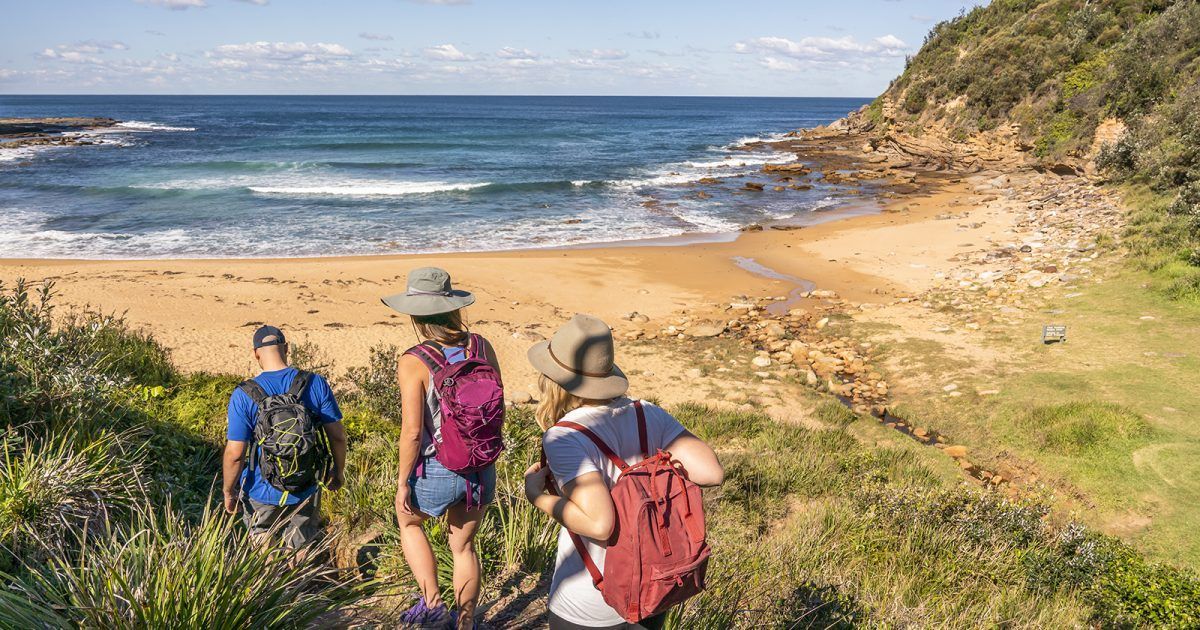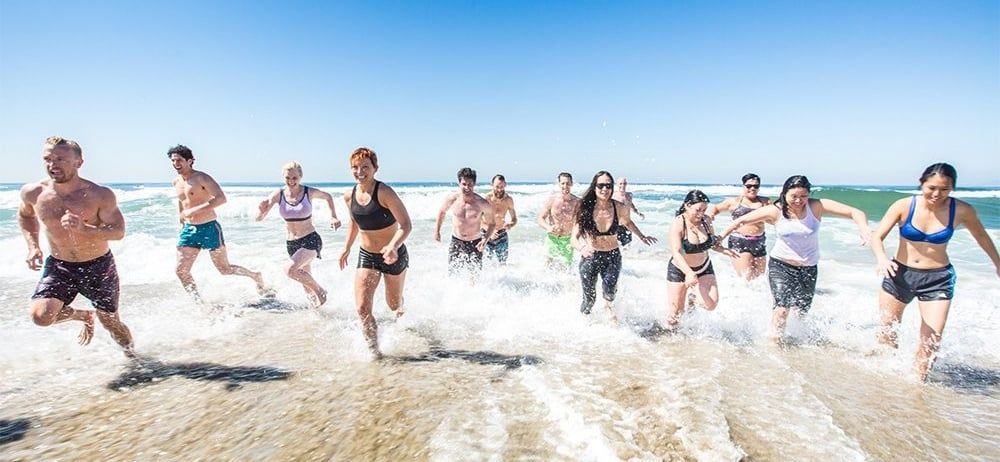Reconstruction trip to Thailand

FAQ – Rejuvenation Travel in Thailand
1. What is a therapeutic trip inspired by the “hero’s journey”?
Our approach is inspired by the "hero's journey" model developed by coaches Robert Dilts and Stephen Gilligan, which proposes a three-step journey: separation (leaving your daily routine), initiation (self-work, challenges, encounters) and return (integrating learning into daily life). Each step is punctuated by group therapy workshops, daily spiritual exercises (meditation, mindful walking, writing, etc.) and immersive journey times to reconnect you with yourself and this vast world. The journey should allow group members to learn how to produce harmony, to understand how they connect with others, to feel secure enough to feel free to open up to others.
2. Who supervises these stays? What are their qualifications?
The trips are guided by collective intelligence and kindness. I am only a humble guardian, the guardian of the time of this trip and the fundamental values of a community of travelers. When traveling, each new stage brings the same challenge: getting around, arriving in a new unknown, finding one's bearings, meeting essential needs such as finding a roof over one's head and feeding oneself. In contrast to individual consumerist travel, PARTONS ENSEMBLE offers a cooperative journey: each member participates in the design and life of the trip. The group becomes a community of experience, where everyone contributes their talent, their listening skills, and their sensitivity. This model creates a strong human and social value, rare in traditional tourism.
3. How much does the trip cost?
Excluding return tickets from France, you should expect to pay 2,000 to 2,500 euros/month on site (accommodation, food, sightseeing, local tickets, use of guides and local agencies), or a daily price of between 70 and 80 euros. Accompaniment costs amount to 800 euros/month/person and are billed separately. Return tickets from France cost between 1,000 and 1,500 euros, or even less depending on the option chosen (stopovers, etc.). Basically, you have a full 33-day stay and an immersive and intensive therapy, you come out all new, just in time to face the challenges of 2026 for a sum of between 4 and 5,000 euros all inclusive (depending on your consumption on site).
4. What about security?
The level of security for property and people is very satisfactory in Thailand, undoubtedly better than in many French cities. Theft is a very rare offense: you can leave your keys, your helmet on the scooter in front of the market, your door open at home. It's a country that sees nearly 40 million tourists pass through each year, the infrastructure is well-established and efficient. You can settle for the insurance included in any ticket booked with your credit card or possibly take out additional insurance depending on your specific risks.
5. What is the typical rhythm of a day during the stay?
The rhythm alternates between moments of therapy, spiritual exercises and exploration, free time and rest. Example:
Morning: The day starts early and the mornings are active: guided meditation or yoga, walking, healthy breakfast, therapeutic workshop (approximately 3 hours).
Afternoon: Free time or cultural activity (visit, walk, creative workshop).
Evening: Talking circle, writing exercise, or gratitude ritual. Weekends are often devoted to excursions or rest. The program is designed to be both structured and flexible, respecting everyone's need for rest and reflection.


6. How does group life work? Am I obliged to share my story?
The group or community is at the heart of the process. It must allow everyone to understand how they relate to others; it's a fundamental learning process. How can we create harmony around us? Group therapy is based on compassionate listening and voluntary sharing. You are never forced to speak. The workshops use a variety of tools (metaphors, role-playing, visualizations) to allow everyone to progress at their own pace. The goal is to create a safe space where you feel free to express yourself, simply listen, and ultimately, be yourself.
7. Can I participate if I take medication for depression or anxiety?
Yes, our approach complements medical monitoring. We simply require a certificate stating that there are no contraindications to travel to tropical climates, and we encourage you to inform our team of your treatment so we can adapt our support. We do not replace psychiatric monitoring, but we work in synergy with your healthcare professionals.
8. Why this route?
We favor places conducive to relaxation and introspection: the coast of the Gulf of Thailand, provincial regions, off the beaten tourist track. The itinerary is modest: 350 kilometers to cover in 30 days and four or five stages on the coast of the provinces of Prachuab Khiri Khan and Chumporn. It is a region that has remained away from mass tourism, immense beaches almost deserted, a few fishing villages, simple and affordable accommodation by the sea, in nature. The atmosphere has remained provincial and peaceful. Ideal for getting used to living in flip-flops, getting around on two wheels, taking your time.


9. How is the accommodation? Can I have a single room?
We offer comfortable and secure accommodations (3-4* hotels, guesthouses, or eco-lodges), with the option of single (supplement) or shared rooms (to encourage interaction), with everyone paying their own accommodation costs on dedicated apps. Reservations are made a few days in advance to take advantage of the best opportunities. And when an accommodation doesn't satisfy, we simply change it! All locations are selected for their calm, accessibility, and proximity to nature and, of course, the sea. The average daily cost is between 20 and 40 euros.
10. What happens after the stay? How can I maintain the benefits?
After this first road trip together, others will follow. We organize post-trip follow-up: a one-on-one call one month after your return, access to an online group to share your progress, and resources (books, podcasts, exercises) to anchor your learning. Many participants also create local groups to continue supporting each other. And other trips will take place periodically.



